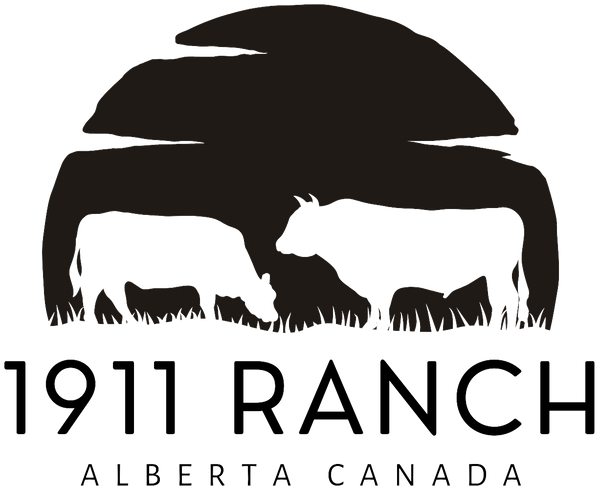THE BEEF MARKET
Common Breeds Of Cattle
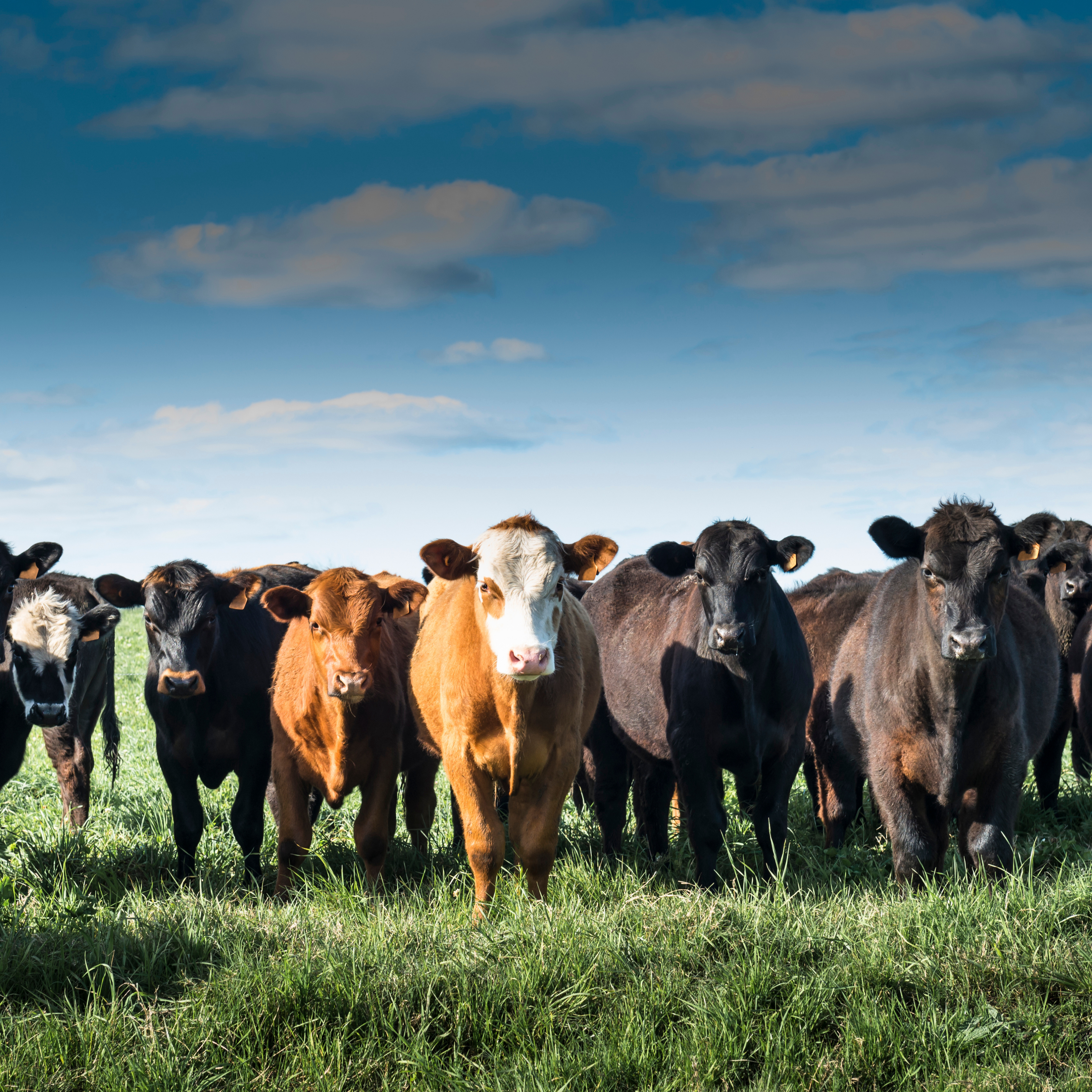
Limousin
It's our choice on the 1911 Ranch. A "newer" breed to Canada arriving in 1968 as the industry surged, Limousin provides industry leading beef qualities.
Angus
Angus beef has been around a long time. First arriving in Canada round 1859 the Angus breed has been a cornerstone in Canadian beef production.
Shorthorn
The breed that put Canadian beef production on the map. The shorthorn is the first breed to enter Canada in 1825.
Holstein
The black and white milk producers, a breed most people are familiar with. Although not the best beef cattle, Holsteins are an absolute for dairy farms and maintaining a well rounded food system.
Too Many To List
Galloway, Longhorn, Charolais, Simmental, Brahman... the list goes on and on. The world of cattle is wildly diverse. When you buy from 1911 Ranch, all aspects are considered.
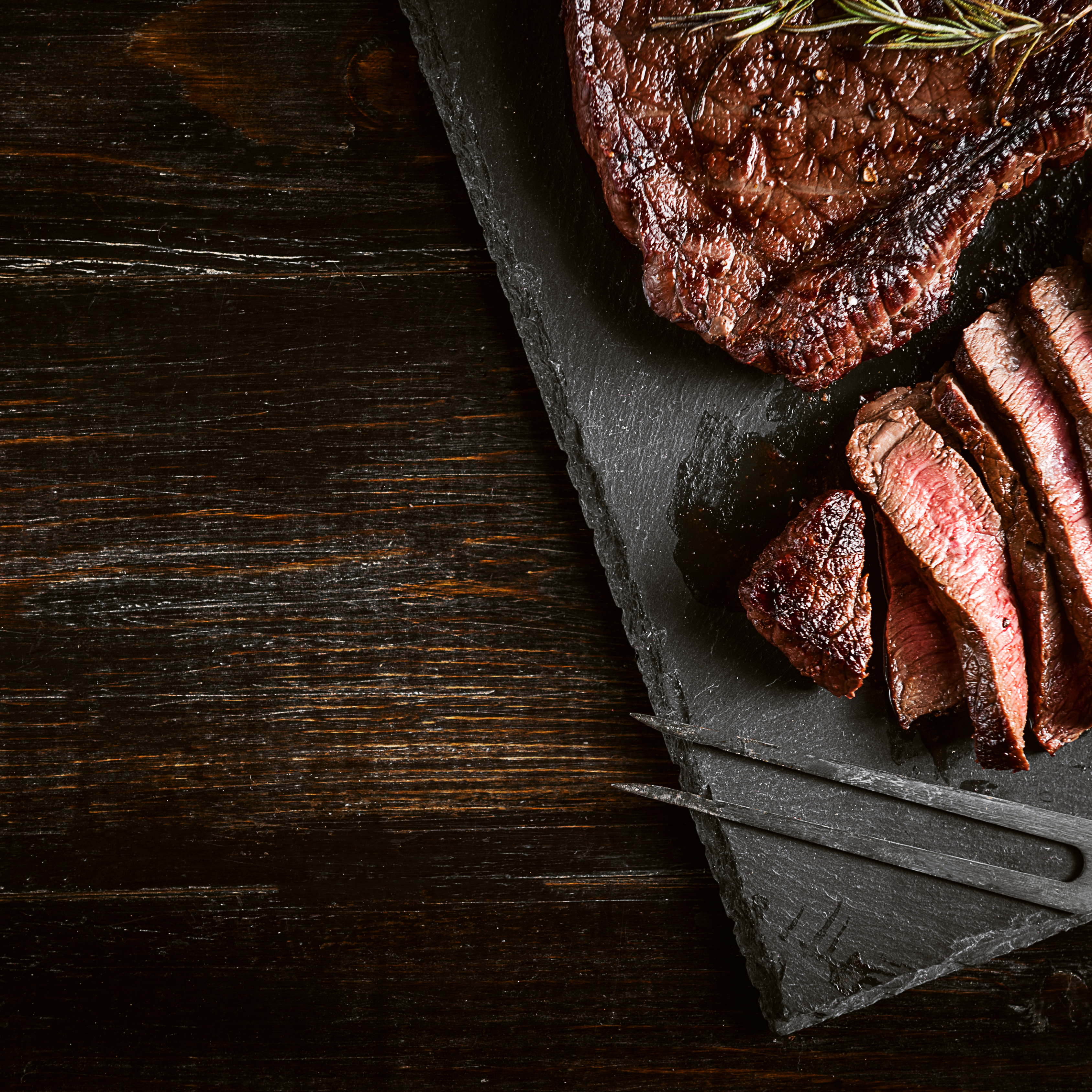
The Makings Of Good Beef
Each breed of cattle brings certain genetics to beef production. Some are better in cold climates, some require less feed, others provide better marbling or superior productivity. Ultimately, the determining factors of quality beef of any breed are age, sex, fat, muscle and meat. More mature (bulls, cows) or under fed animals do not yield a high-quality product. What you will see, and taste is a tougher, dark colored, sparsely marbled beef. Well muscled steers and heifers on a proper feed program can provide exceptional marbling, red colored meat with a fat content that provides mouth watering meals. You could only be certain when dealing direct with ranchers, that this will be the beef your money buys.
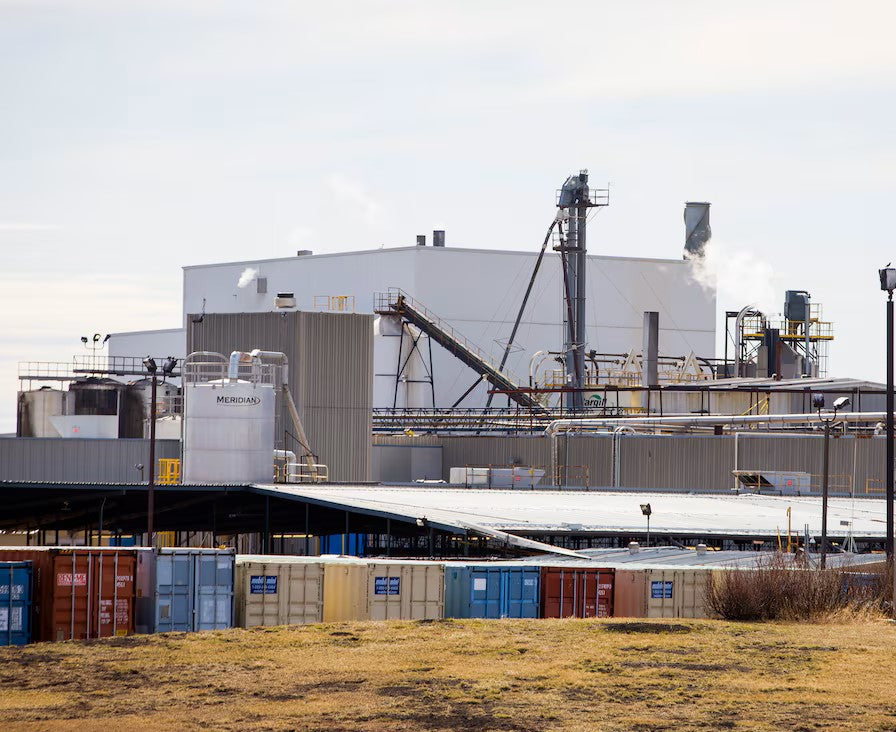
Industrial Beef Stability
There are 3 major plants that control the vast majority of beef in Canada. JBS Canada in Brooks, Alberta, Cargill Foods in High River, Alberta and Cargill Foods in Guelph Ontario. Together, the two plants in Alberta account for 70% of all beef processed in Canada, and all three plants account for an estimated 85% – 95%, as well as nearly all of Canada’s $3 billion in beef exports.
Due to the BSE “Mad Cow” disease crisis in the early 2000’s, many processing plants were forced to close. This has allowed a situation where both the price farmers are paid and what consumers pay is dictated by the companies who own these commercial meat plants. Both Cargill Foods and JBS are foreign-owned companies. Supporting local beef keeps more of your money in our society.
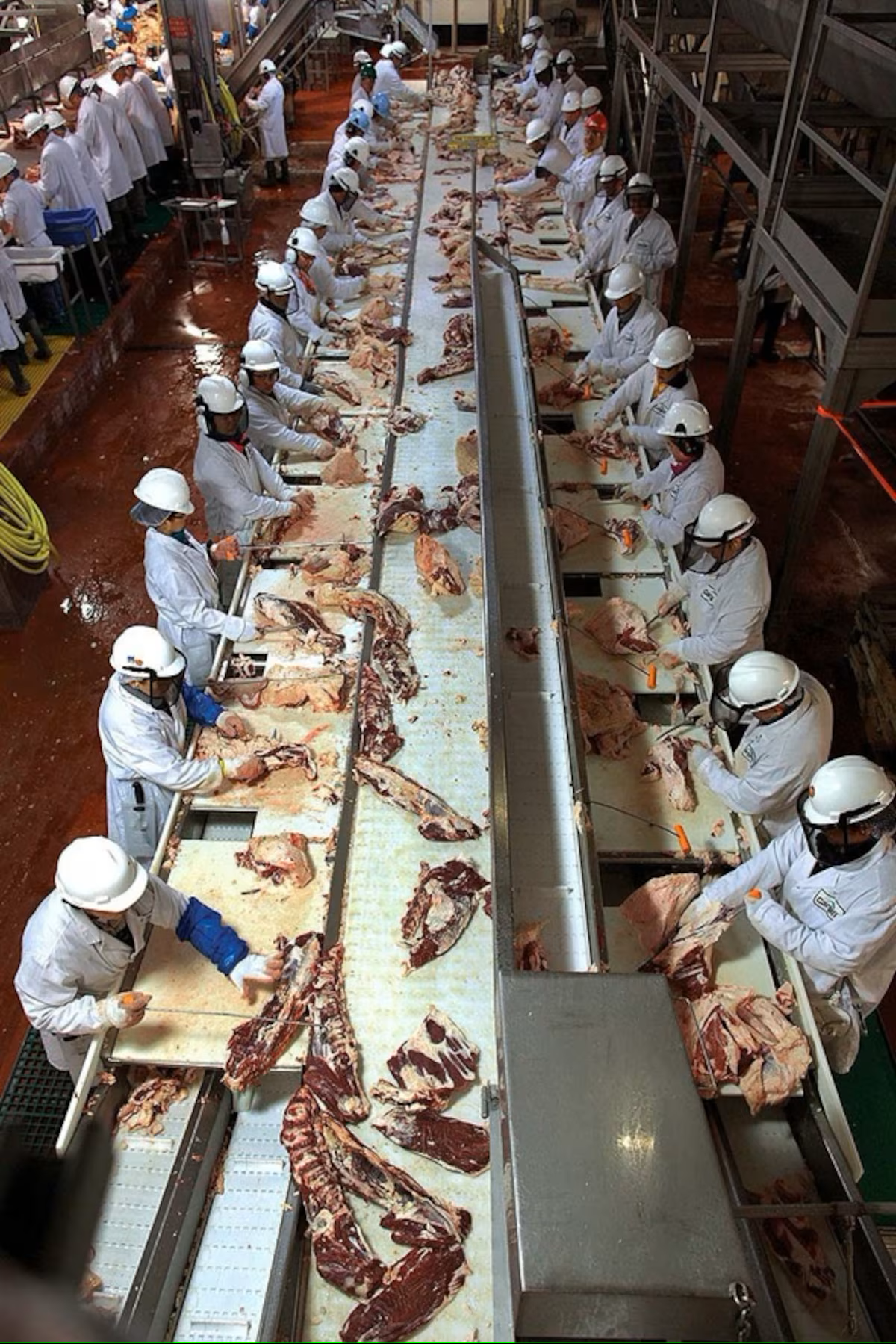
Canada’s supply of beef is in a precarious situation. When the market has been captured and concentrated, vulnerabilities start to occur. Covid-19 causing these plants to halt production was a prime example. Should any crisis hit these few plants again, a major Canadian economic sector could become paralyzed resulting in empty shelves.
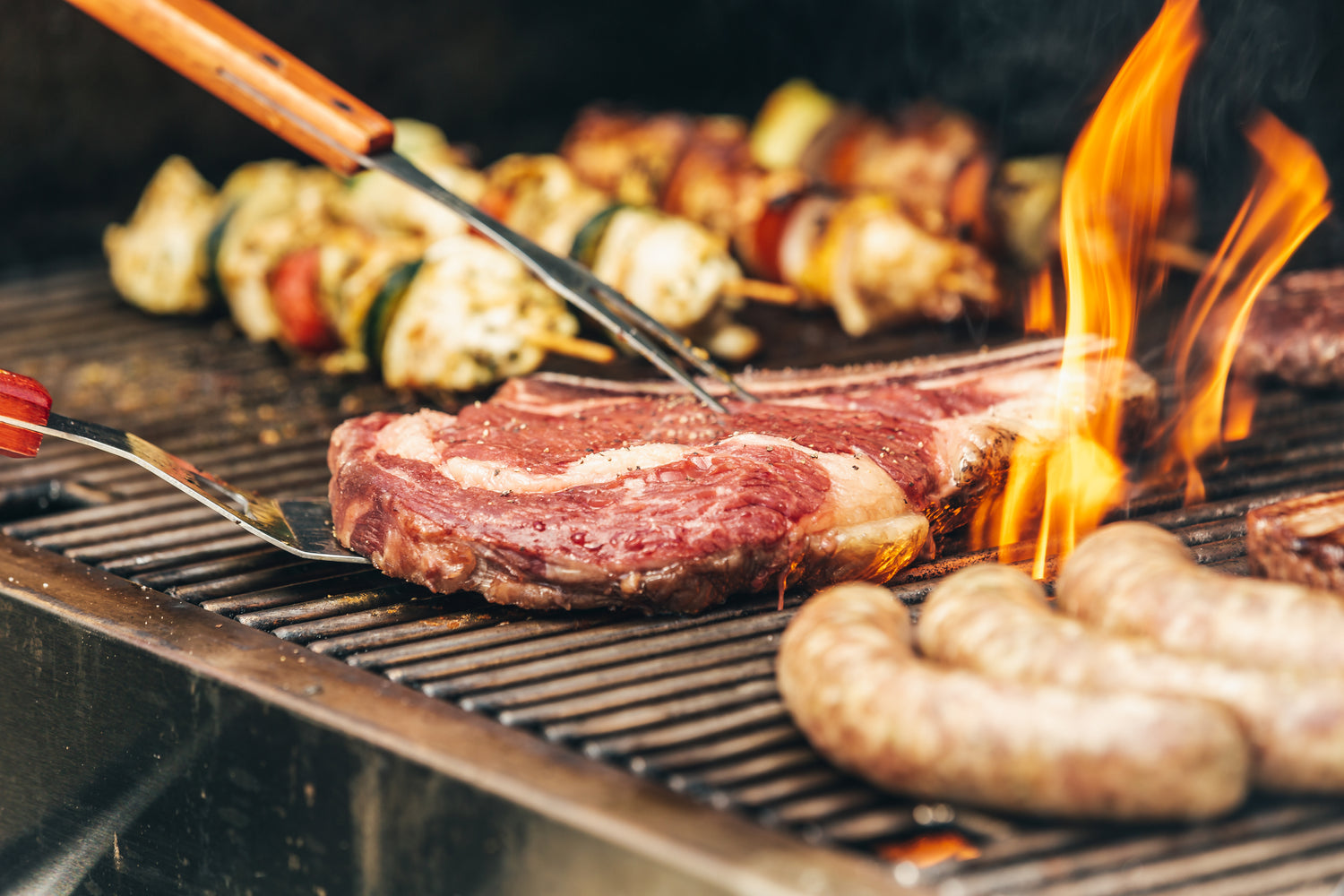
The beef industry does not function without Cargill or JBS but we do need to start introducing ourselves to supplementing the way we secure protein for our diets. The fastest route to securing the beef industry for Canadians is to develop domestic markets and
localized distribution systems with direct, fair and transparent distribution chains. With 1911 Ranch you can be part of the positive change by supporting
regenerative agriculture and ethical locally owned beef.
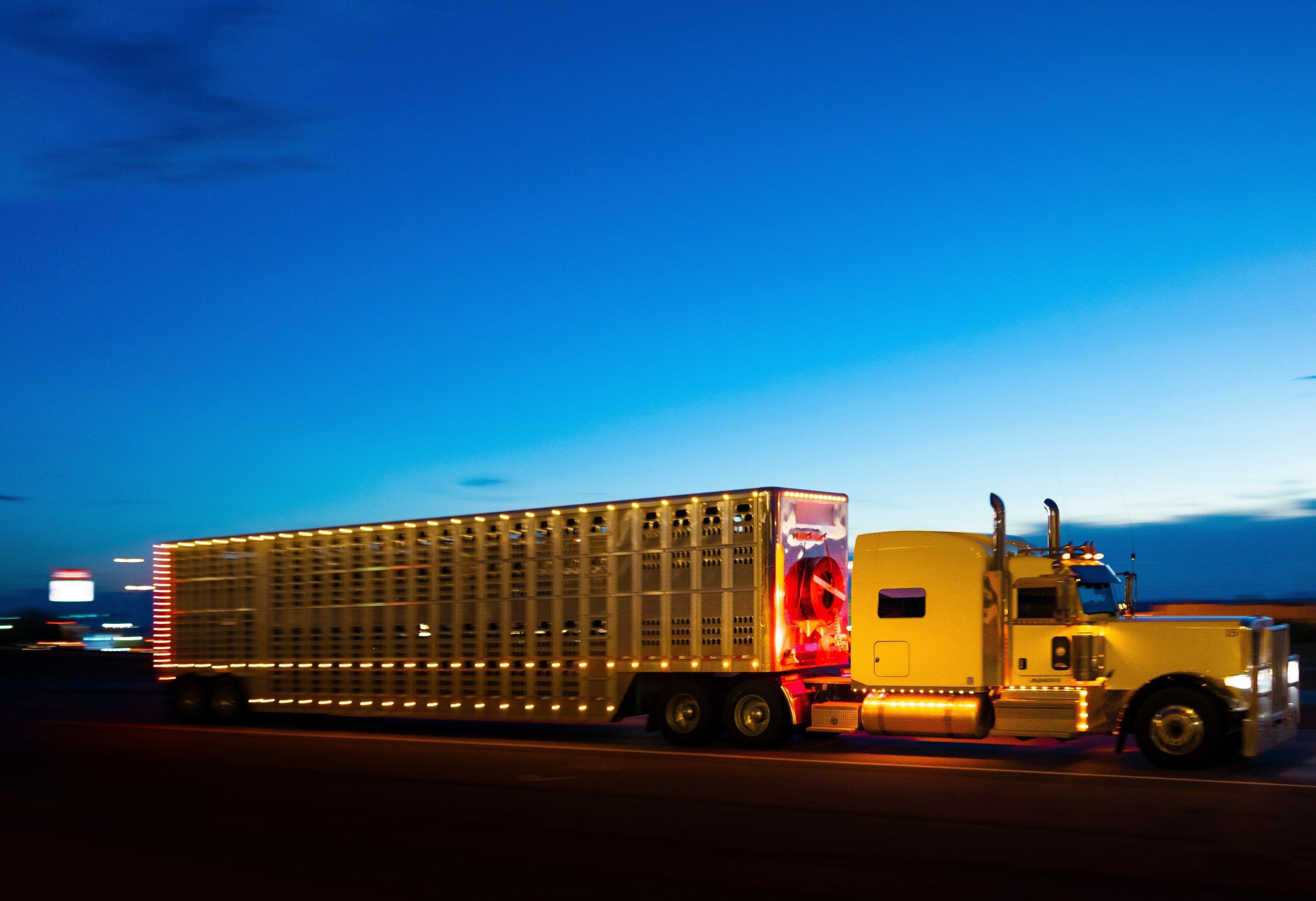
The Supply Chain
Farmers and ranchers are the caretakers of cattle herds. As portions of their herd reach the optimum age and size to fetch a profit, they are shipped to auction. From there most are sold and shipped into the large feedlots to be fattened. These animals are then moved to the industrial meat plants. From the industrial plants trucks deliver the beef to stores. The meat section of the grocery store adjusts the beef to fit their marketing and then it's onto the shelf for you to buy. When buying from farmers and ranchers working with locally owned small butcher shops, your supply chain is safe, simple and 100% Canadian.
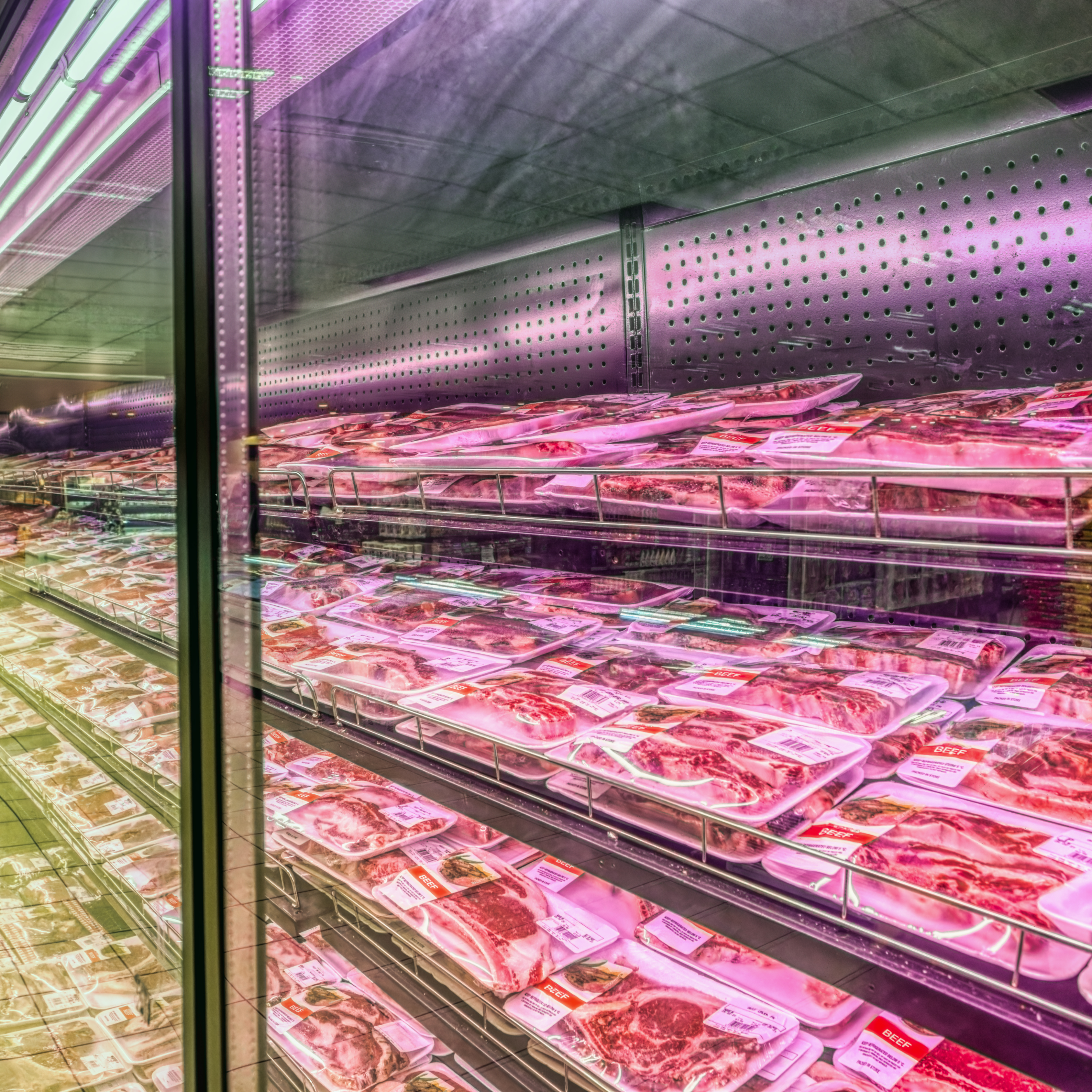
Pricing Factors
We are all feeling the crunch of these hard economic times here in Canada and it is showing in the beef markets. Prices are rising faster than most people’s wages. With a recent drought, feed supply for cattle is in decline, increasing demand and rates, in turn raising costs for farmers and ranchers. Fuel prices are creeping up year over year as additional government regulations are layered on adding to the cost of all consumer goods. Many smaller farm and ranch operations are going out of business or selling off as their children can make a better wage in the trades or cities. Competing with massive corporations at the cheap beef game is just not going to happen. At 1911 Ranch we offer a superior product at a competitive price with value beyond what big chain meat aisles will provide.
